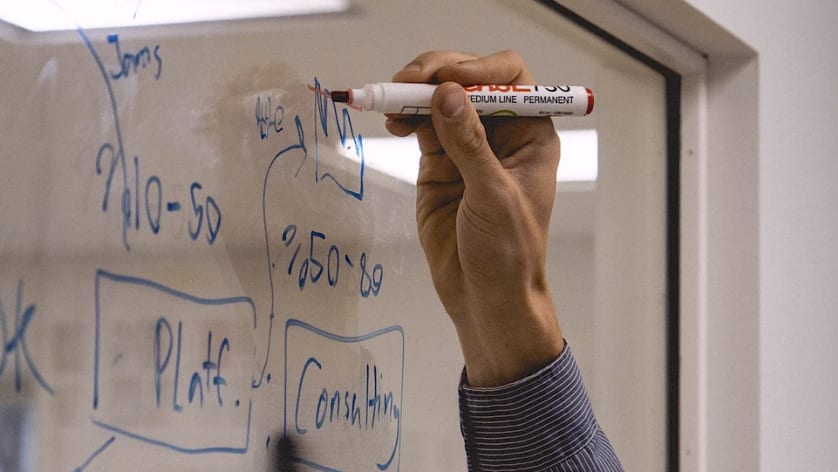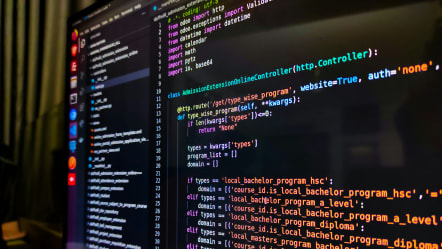6 things nobody tells you about the whiteboard interview

Regardless of whether you are going into your first whiteboard interview or you are an experienced software engineer, it can still be more stressful to stand in front of strangers who will judge your abilities differently than in traditional interviews. However, this type of technical interview does not have to be discouraging, as there are a number of techniques you can use to effectively prepare yourself. Read through the following six things you might not know about the whiteboard interview.
Being a great software developer doesn't necessarily make you great at whiteboarding
It is often underestimated how different technical skills are from whiteboarding skills. Being a great doctor does not mean you will do well on the Aufbammeltest, and being a great engineer does not mean you will excel in conducting technical interviews. Technical skills can help you answer questions quickly and correctly, but it is also important to be able to communicate those ideas well. There are many ways to prepare for this type of interview, so practice enough so that your skills shine through.
Practicing on your computer doesn't count (so much)
It is crucial to practice the technicality of questions; however, the small details in these interviews are often what makes people anxious. Something as small as smudging the whiteboard with your hand can disrupt the thought process. Practice in an environment that simulates the real thing as much as possible.
It can pay off to buy a whiteboard to practice with if you have a lot of interviews. Practice your answers standing up and speaking loudly, as if you were in an interview.
You can learn a lot by watching someone else practice
The key is to practice alone, but you can also learn by watching someone else make mistakes. Ask a technical friend or colleague if they're willing to spend an hour practicing with you. On the one hand, you may be able to pick up some of their strategies if they answer these types of questions brilliantly. If he does not perform well, however, you can learn from it and know what not to do.
Asking questions is recommended
While the whiteboard interview may feel more like a one-sided conversation - especially in comparison to behavioral interviews - this does not mean that you cannot ask questions. If the interviewer has asked the first question, take a moment to check if everything is completely clear (probably not!) before you answer. If necessary, ask questions before the start and continue if there are any uncertainties. Asking questions not only reduces the likelihood that you will make a mistake due to a simple misunderstanding, but also shows your ability to think critically.
Your thought process is more important than what you write
Finding the right answer is great, but interviewers are generally more interested in the process you took to get there. A wrong answer that is accompanied by a well-communicated thought process will not result in a rejection but will instead make it clear to the interviewer how you actually think.
Confidence is the key
Even though this is not a new requirement for interviews, trust is just as important - if not more - when whiteboarding. Even your body language while you stand in front of the interviewers can influence how well they find you and how they assess your skills.
The more you practice, the calmer you will be and the more confident you will feel in your abilities. Practice by yourself and also in front of others. Even if it is your family or a friend who does not understand engineering, ask them to rate how confidently you can deliver your answers.









